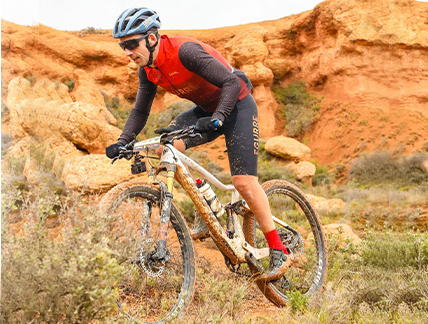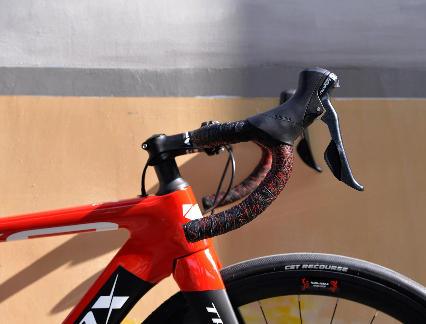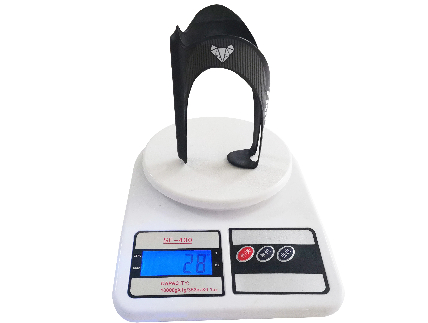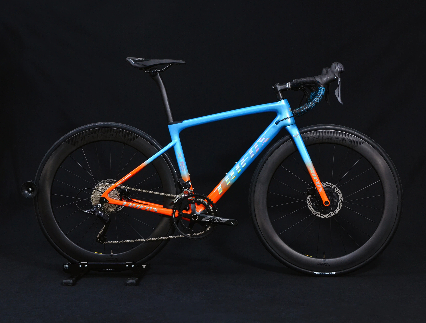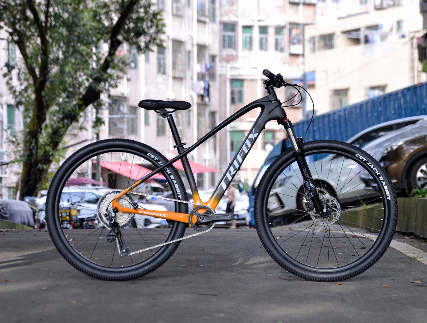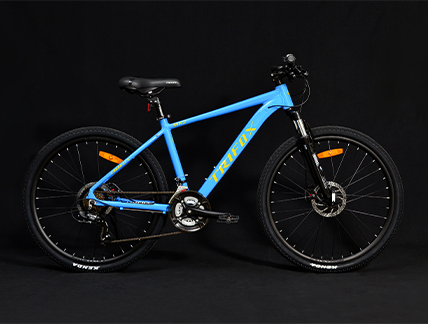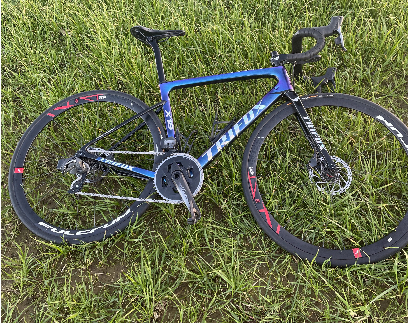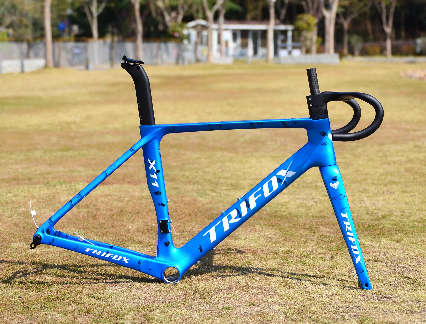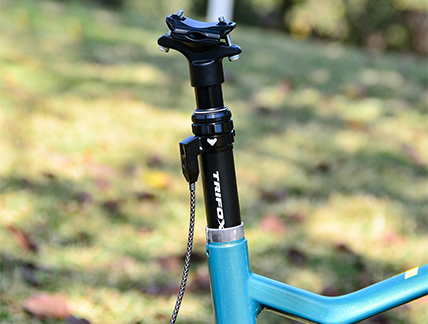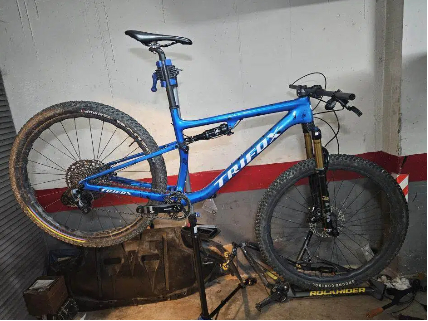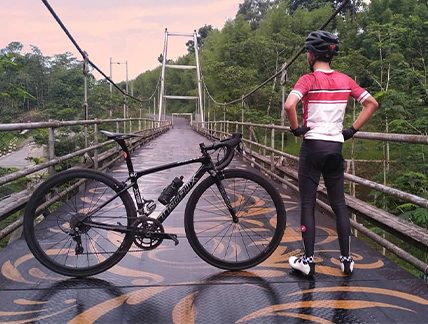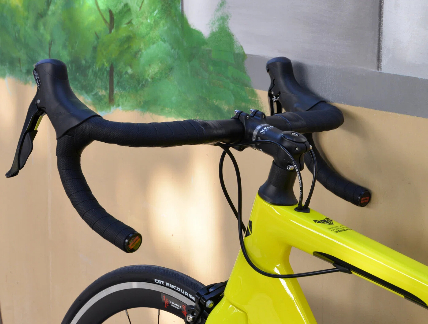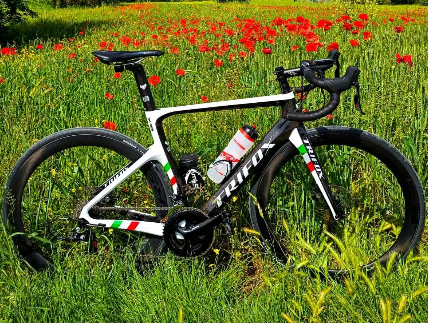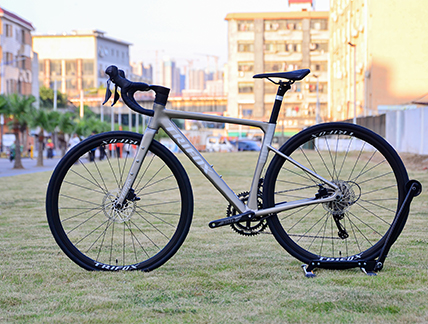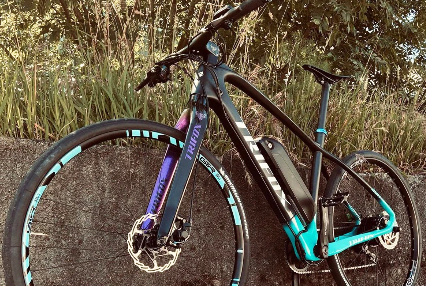1. Body energy
To truly have good endurance, you need to use most of the energy reserves in your body.
There is glycogen (carbohydrates) in the muscle and liver, glucose in the blood, triglycerides (fat) in muscle, and the largest energy reserve: body fat.
This energy is your fuel tank to keep riding a bike. Excessive lactic acid or lack of oxygen supply will stop you. Conversely, when you run out of glycogen in your muscles, low liver glycogen or low blood sugar levels are the reason why you stop in the attack.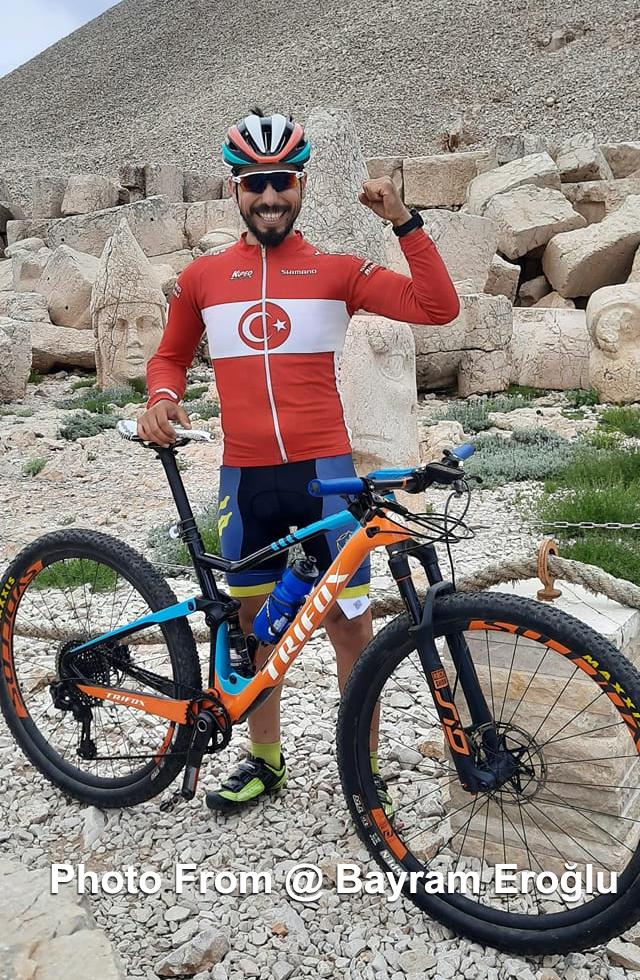
2. Increase carbohydrate intake
Increasing your endurance requires eating carbohydrate food every three hours one to two days before long-distance cycling, and drinking plenty of water to digest food.
These carbohydrates can help store glycogen in your muscles, but only for these few days, you are only cycling lightly. If you are going to ride the bike a short, intense ride, not full of glycogen will make you feel better.
3. Eat breakfast early before cycling
Even if your glycogen reserves are sufficient, you cannot guarantee maximum endurance. You need to eat breakfast early before cycling and eat a breakfast rich in carbohydrates, protein, and fat 2-3 hours before departure.
If you eat too late, it will reduce rather than increase your endurance. Or, drink a carbohydrate-rich drink an hour before your departure.
4. Maintain supplies during cycling
The goal is to keep 200 to 400 calories of liquid or solid food (tested during training before the official ride) in the stomach.
If you are convinced that you are at a high level, you can ride faster at the beginning, but you need to recharge every 20 minutes. Or, you will crash after 1 or 2 lack of supplies. The goal is to consume approximately 60 grams of carbohydrates per hour of cycling.
Researchers in the United States explained that in a 64-kilometer ride, consuming 15 grams of honey or glucose per 16 kilometers can improve the riding level compared to drinking only water.
Riders who maintain high glucose and low honey glucose can get home 2.75 minutes earlier. Compared with riders who only drink water, they have an average of 40W higher power output in the last 16 kilometers.
If you find that you often crash late during cycling, and cycling is just drinking water, then this research is very useful for you.
5. Train your physical endurance
Make your body really ready. Carry out regular riding in advance to ensure that your body can better use fat reserves, In this way, the rider can use more fat and effectively preserve carbohydrate reserves.
You need to do 4-6 hours of aerobic cycling every week and not eat breakfast for 2 hours to ensure that you use the body fat.
In conclusion:
The most important thing to improve cycling endurance is to eat, eat, and eat. Eat a lot of carbohydrates 1-2 days before long-distance riding, eat 2-3 hours in advance on the day of cycling, and eat constantly during cycling.
Of course, daily training must deliberately adapt the body to use fat as fuel, rather than precious glycogen reserves. As long as you pay attention to supplies, everyone can ride a bike a long distance.






























































